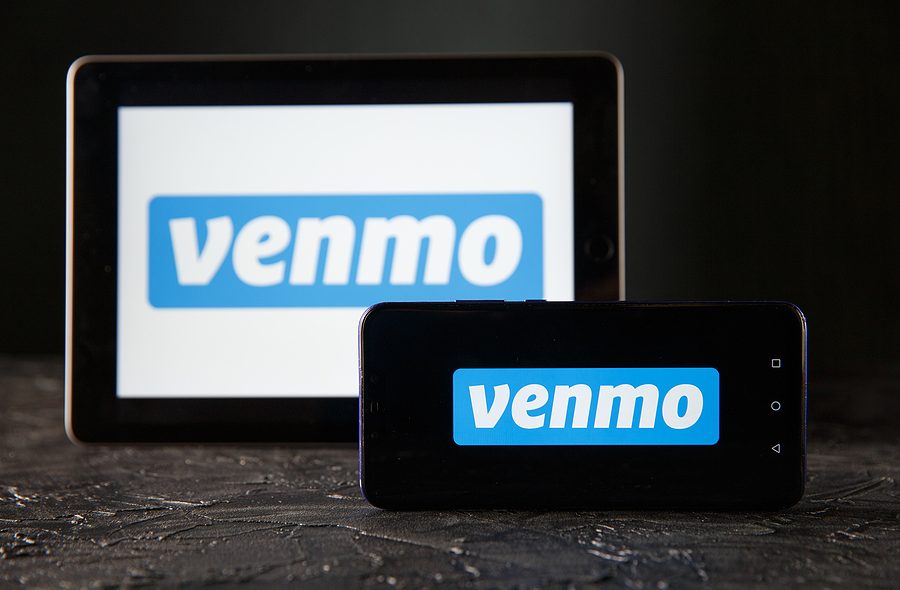Popular digital money-transfer service, Venmo, is finding itself at the center of a Consumer Financial Protection Bureau (CFPB) investigation. The company that is owned and operated by PayPal Holdings, Inc. received a “Civil Investigative Demand” from CFPB with respect to Venmo’s debt collection processes and unauthorized fund transfers.
Venmo has been the subject of a series of investigative articles by The Wall Street Journal in both 2019 and 2020 with respect to their aggressive debt-collection tactics. It reported that Venmo made threats to users who overdraw their accounts. These threats were also made to users who were the victims of scams. Even during the difficult financial times brought on by the COVID-19 pandemic, the company has reportedly continued its aggressive collection practices.
Venmo remains one of the more popular digital money-transferring services. In 2020, Venmo’s user base jumped 32 percent to approximately 70 million active accounts. It is estimated that roughly $47 billion was transferred via Venmo’s platform in the fourth quarter of 2020, which is a 60 percent increase from the previous year. The company anticipates they will generate somewhere around $900 million in revenue in 2021.
Venmo transfers and transactions are instantaneous through the Venmo app. However, actual transfer of money from the sender’s bank account can take between one to two days. Many times, Venmo will front the payment to the fund recipient, allowing him or her to transfer money to other Venmo users on the app or pay a small fee to transfer the money to their bank accounts.
Unfortunately, like many online platforms out there, scams do exist. A Venmo user may send money through the app to a scammer who immediately withdraws it, never to be heard from again. If this situation occurs, or if the sender’s bank stops the transaction before it is settled, Venmo will be out the money. It is not uncommon for a Venmo user to be carrying a negative balance in these types of situations or carrying a negative balance in general. The company has not disclosed just how many Venmo users have a negative balance, but it has been reported that over $270 million in negative customers balances exist where Venmo does not expect to be repaid. According to securities filings from PayPal, the company writes off these losses from negative balances in the month that they move past the 120 days past due mark.
PayPal received the CFPB’s request on January 21, just one day after President Biden was inaugurated as the country’s 46th president. The CFPB is expected to return to stricter consumer protections under the new administration after four years of more lenient consumer protection policies during the Trump administration.
Please click here to read more.
If you have questions on this topic or are in financial crisis and considering filing for bankruptcy, contact an experienced Miami bankruptcy attorney who can advise you of all of your options. As an experienced CPA as well as a proven bankruptcy lawyer, Timothy Kingcade knows how to help clients take full advantage of the bankruptcy laws to protect their assets and get successful results. Since 1996 Kingcade Garcia McMaken has been helping people from all walks of life build a better tomorrow. Our attorneys’ help thousands of people every year take advantage of their rights under bankruptcy protection to restart, rebuild and recover. The day you hire our firm, we will contact your creditors to stop the harassment. You can also find useful consumer information on the Kingcade Garcia McMaken website at www.miamibankruptcy.com.

